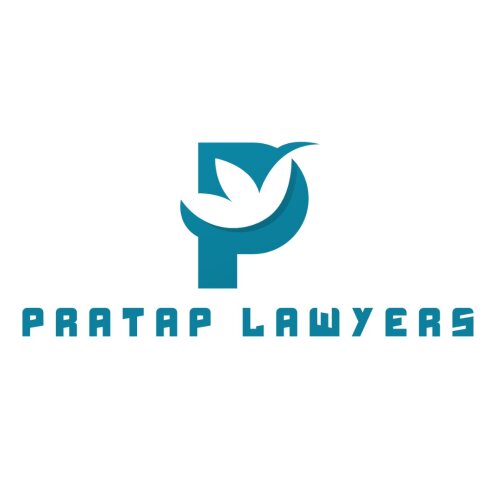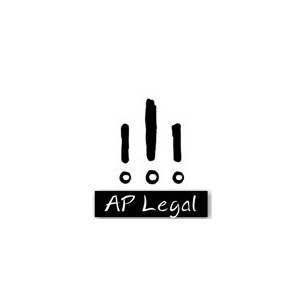Best ADR Mediation & Arbitration Lawyers in Fiji
Share your needs with us, get contacted by law firms.
Free. Takes 2 min.
Or refine your search by selecting a city:
List of the best lawyers in Fiji
About ADR Mediation & Arbitration Law in Fiji
Alternative Dispute Resolution (ADR), which includes both Mediation and Arbitration, is an evolved practise in Fiji which aims to settle disputes outside the conventional court system. While mediation is a voluntary and non-binding process where a neutral third party aids disputing parties to reach a mutually acceptable solution, arbitration is more formal and binding where an arbitrator makes a decision based on the evidence and arguments presented by the parties.
The Fijian Arbitration Act first established in 1965 sets the legal framework for conducting arbitration in Fiji. This act is heavily influenced by the English law, most notably the Arbitration Act 1950 (UK). For mediation, the Mediation Rules 2010 provides the necessary jurisdiction.
Why You May Need a Lawyer
Lawyers specialising in ADR, and more specifically, in mediation and arbitration, can play vital roles in resolving a range of disputes related to contractual issues, family law problems, employment disputes, construction disagreements and many more. They can guide you through the process, represent your interests, and ensure that any agreement or award is legally binding. If you wish to avoid the often lengthy and expensive court process or want to maintain confidentiality, an ADR lawyer is beneficial.
Local Laws Overview
The Arbitration Act is the primary law governing arbitration in Fiji, which outlines matters related to the arbitration agreement, composition of the tribunal, conduct of proceedings, and recognition and enforcement of awards. The Act is supportive of the international-model law framework, which facilitates cross-border arbitrations.
Mediation in Fiji is governed by the Family Law Act 2003 and the Criminal Procedure Act 2009 which encourages amicable resolution of domestic disputes and civil cases. These legislations underline the importance of confidentiality and mutual agreement in the mediation process.
Frequently Asked Questions
1. How is the arbitrator selected in a dispute?
The parties can mutually agree on an arbitrator. If they can't agree, the Court or the Arbitration Association may appoint one.
2. Is the mediation process confidential?
Yes, mediation is a private and confidential process. The mediators are not permitted to disclose any information revealed during mediation.
3. Are arbitration decisions legally binding?
Yes, arbitration decisions are legally binding and enforceable in the court of law. However, decisions can be contested under certain circumstances.
4. Is arbitration quicker than traditional court proceedings?
Typically, yes. The timeline is generally more flexible and faster in arbitration than in traditional court proceedings.
5. How is mediation different from arbitration?
Mediation is a more informal, non-binding process aimed at mutual agreement whereas arbitration is formal and its decision is enforceable by law.
6. What types of disputes can be resolved through ADR methods?
Almost any civil dispute can be resolved through ADR methods, be it familial, contractual, or labour-related disputes among others.
7. Can an arbitration process be initiated without consent of both parties?
No, both parties need to consent to undergo arbitration process.
8. Who bears the cost of these proceedings?
Both parties usually share the cost for both processes. However, sometimes the unsuccessful party may be ordered to pay some or all of the successful party's costs.
9. Is the choice of a lawyer crucial for such processes?
Yes, a knowledgeable and experienced lawyer in ADR can strategize and structure your case effectively, improving the chance of a favourable outcome.
10. What happens if a mutual agreement is not reached in mediation?
If a mutual agreement is not reached in mediation, parties are free to pursue other legal remedies such as proceeding to litigation or arbitration if an arbitration agreement is in place.
Additional Resources
For additional guidance and resources related to ADR, individuals can refer to Fiji's Arbitration Association, Fiji Mediation Centre, and the Ministry of Justice. These organizations provide effective platforms for resolving disputes and offer help in understanding the processes involved.
Next Steps
If you believe you need legal assistance in ADR Mediation & Arbitration in Fiji, your first step should be to find and consult with a lawyer experienced in these disciplines. They can discuss your case, explain your rights and options, and recommend the best course of action. Just keep in mind to ensure your legal representative has requisite experience in the Fijian legal system and ADR practices.
Lawzana helps you find the best lawyers and law firms in Fiji through a curated and pre-screened list of qualified legal professionals. Our platform offers rankings and detailed profiles of attorneys and law firms, allowing you to compare based on practice areas, including ADR Mediation & Arbitration , experience, and client feedback.
Each profile includes a description of the firm's areas of practice, client reviews, team members and partners, year of establishment, spoken languages, office locations, contact information, social media presence, and any published articles or resources. Most firms on our platform speak English and are experienced in both local and international legal matters.
Get a quote from top-rated law firms in Fiji — quickly, securely, and without unnecessary hassle.
Disclaimer:
The information provided on this page is for general informational purposes only and does not constitute legal advice. While we strive to ensure the accuracy and relevance of the content, legal information may change over time, and interpretations of the law can vary. You should always consult with a qualified legal professional for advice specific to your situation.
We disclaim all liability for actions taken or not taken based on the content of this page. If you believe any information is incorrect or outdated, please contact us, and we will review and update it where appropriate.
Browse adr mediation & arbitration law firms by city in Fiji
Refine your search by selecting a city.
















